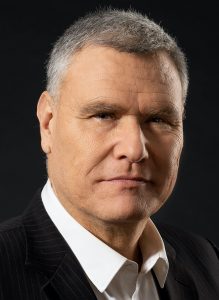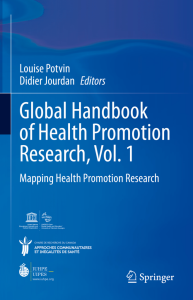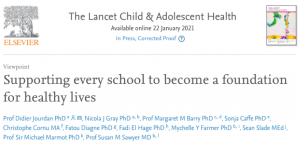On 18 November 2020, 16.30 – 17.30 CET, 11.30 – 12.30 AST the UNESCO Chair and WHO Collaborating Center Global Health & Education and the University of Puerto Rico will organise the webinar: Neoliberal globalization and migrant children’s right to health in Latin America. The webinar will be held in Spanish.
Speakers from Puerto Rico and El Salvador will present a brief analysis of how globalization, through neoliberal policies, has worsened the living conditions of Latin American children, expelling them massively from their territories in search of survival strategies. Furthermore, the speakers will share with the audience the current state of migrant children in the region and the challenges that arise in the countries of origin, transit and destination to guarantee the right to health of this population.
During this webinar the experts will answer these questions :
- How has neoliberal globalization exacerbated migration processes in the Latin American region, particularly among women and children? (Dr. M. Rivera, Puerto Rico)
- What is the status of migrant children in the region? (Dr. M. Rivera, Puerto Rico and Dr. A. Hernández, El Salvador).
- What challenges do migrant children in the region face in terms of the right to health? (Dr. A. Hernández, El Salvador)
To participate: Zoom link.
This webinar will also be broadcast live on our YouTube channel



 About Didier Jourdan
About Didier Jourdan
